How treating sleep may ease all forms of autism
Behavioral interventions and medications can help children with autism-related syndromes sleep better, but the treatments must be tailored to the cause of each child’s sleep disturbance.
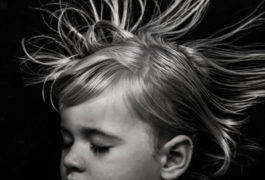
Behavioral interventions and medications can help children with autism-related syndromes sleep better, but the treatments must be tailored to the cause of each child’s sleep disturbance.
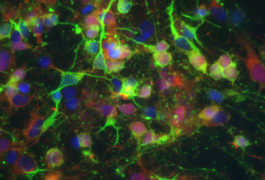
A new stem cell model of Angelman syndrome delivers evidence for three molecular mechanisms underlying the condition — and one potential treatment.
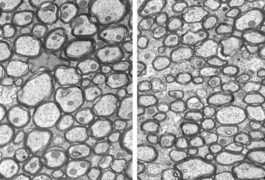
Unusually thin nerve fibers in the brain may underlie the motor difficulties seen in children with Angelman syndrome, an autism-related condition.
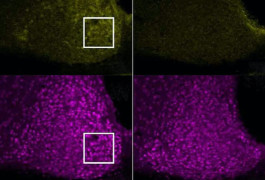
A newly discovered phenomenon in cells that regulate the sleep-wake cycle may provide clues for how to treat two autism-related conditions.
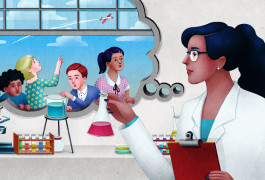
Meeting people with autism can give scientists new ideas and the motivation to pursue long-term studies.
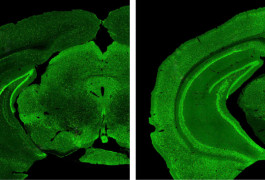
Mutations in a set of neurons that dampen brain activity may be the source of seizures in an autism-related syndrome.
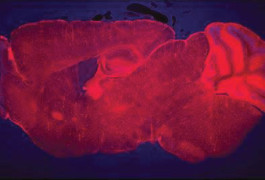
Treatments for autism might be effective even after the brain is fully formed.
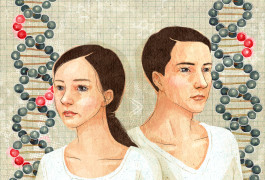
Our top 10 papers for this year, based on input from autism researchers, capture the full spectrum of findings — from molecular biology to large-scale epidemiology.
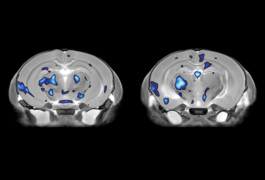
The mutation that leads to Angelman syndrome may affect the brains of female mice more severely than those of male mice.
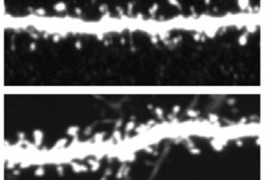
A mutation that boosts the activity of the autism risk gene UBE3A may cause neurons to form too many connections, disrupting brain development. Some people with autism have extra copies of the gene, so the findings, published last week in Cell, add to evidence implicating UBE3A in autism.